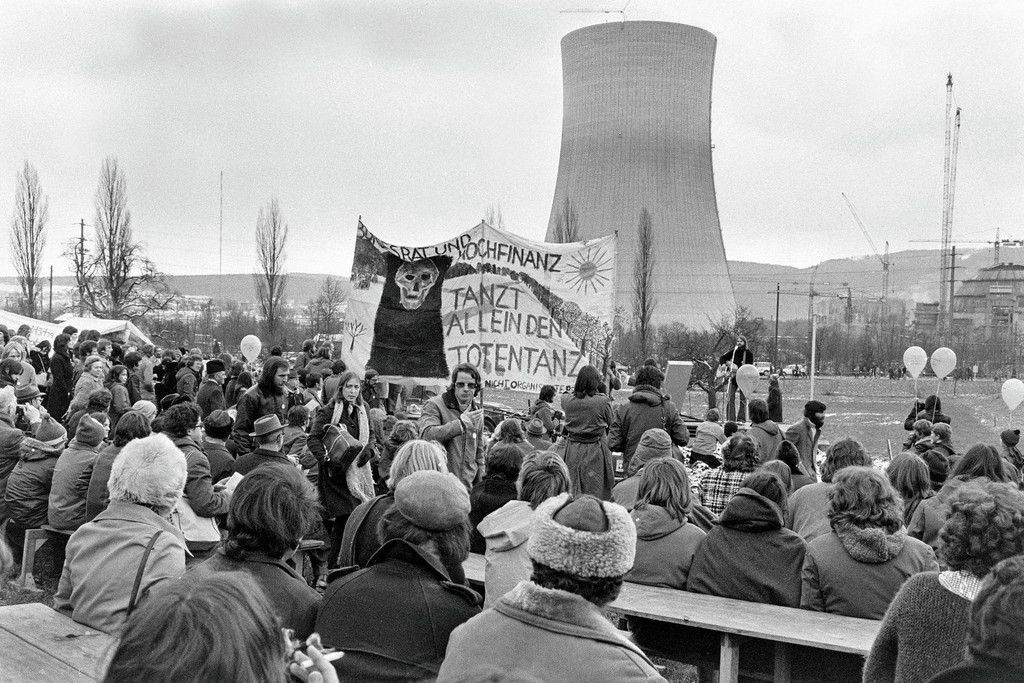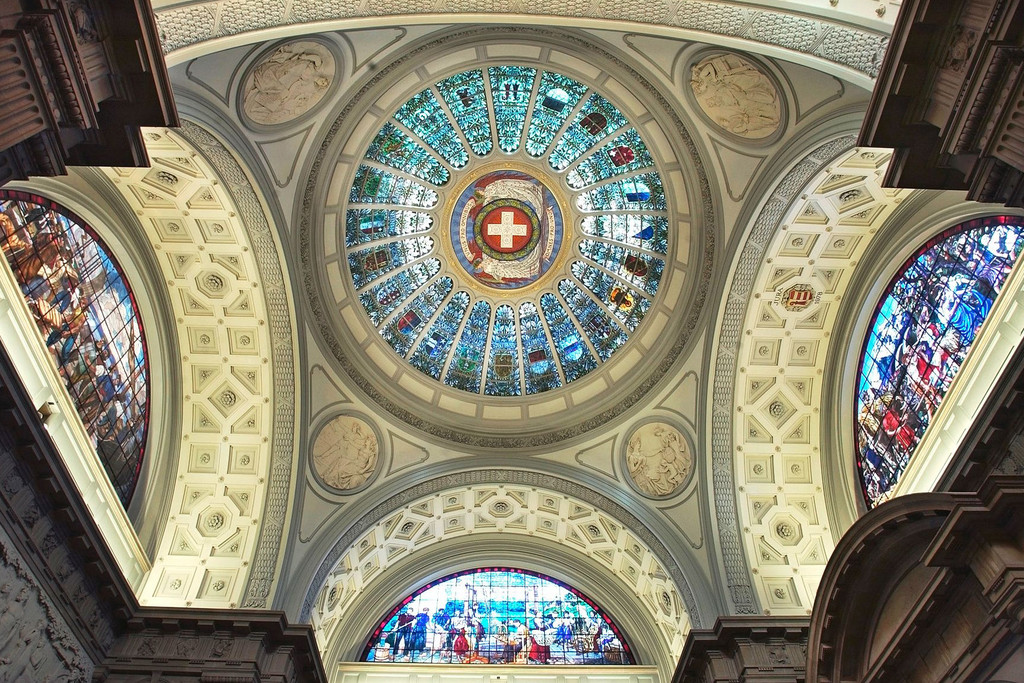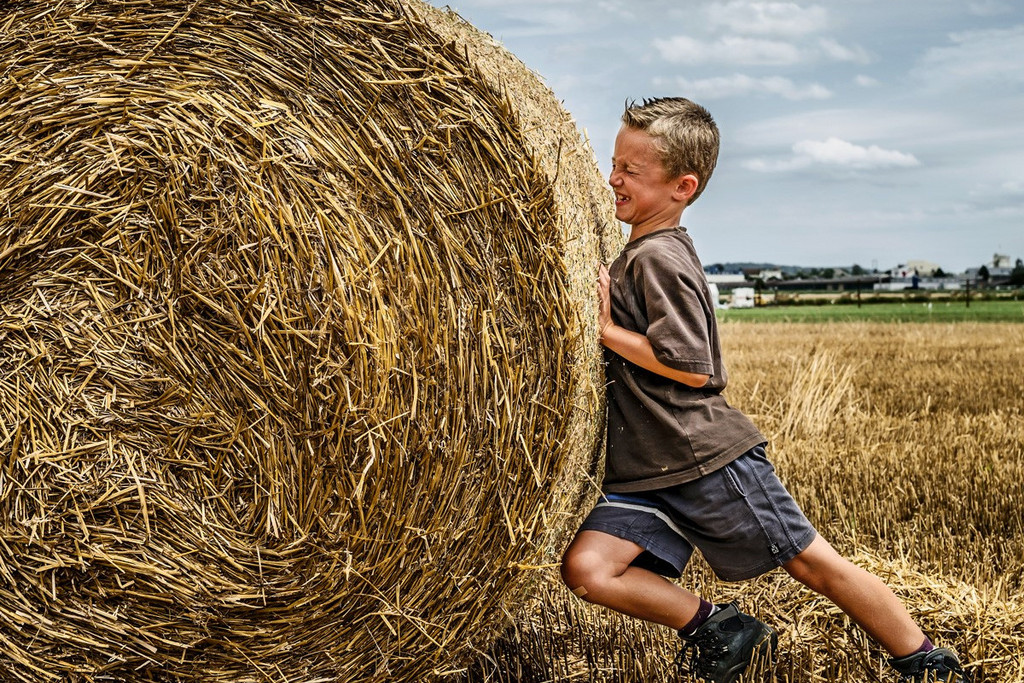
Cliff edge

The day the snow returned

Direct democracy

Cycling through Jura

We, the farmers
![[Translate to English:]](/fileadmin/_processed_/8/4/csm_Kleingeld_SchweizEditorial_c0808c834c.jpg)
The cost of living on an island of prosperity

The return of emergency stockpiling


Works of literature can come from anywhere. Even government offices. One salient example being the official slogan from the early 1970s: “Kluger Rat – Notvorrat!” (We advise – emergency supplies).

This pithy, rhyming official guidance is particularly convincing in the original German: six short syllables that – in the middle of the Cold War – encapsulated the sentiment of the time. Six syllables saying that reserve stocks are needed in case things go wrong. We knew what to do: keep a well-stocked cellar with solid wooden bars. No wonder that many cellars from that time, with their thick concrete walls and massive armoured doors, still resemble a bunker.
The slogan “Kluger Rat – Notvorrat” has faded away over time. Globalisation turned it into little more than a joke. Dense supply chains spanning the globe made the emergency stockpile mentality seem obsolete. Stocking reserves was seen as a quirk of those who lived in the past. Storing supplies was for squirrels. Modern consumerism had society firmly in its grip: if you needed something, order it online and it would be delivered to your door “just in time”.
The idea of stockpiling returned with the advent of the coronavirus pandemic. People found themselves having to compete for all sorts of things, not just toilet paper. This made the state dust off and bring back its over 50-year-old slogan, prompted this time by wars and crises that have shown us that the completely unimaginable can actually happen.
Emergency stockpiling Swiss-style counts the luxury product coffee as one of life’s essentials: the Swiss must not be deprived of their coffee, no matter how bleak the situation. That’s the official line. At the same time, there is some justification for this position, as Switzerland is a leading consumer of the product worldwide. The inhabitants of Switzerland enjoy almost 1,100 cups of coffee per year on average. Talking of which, I think I’ll put the kettle on.

Comments